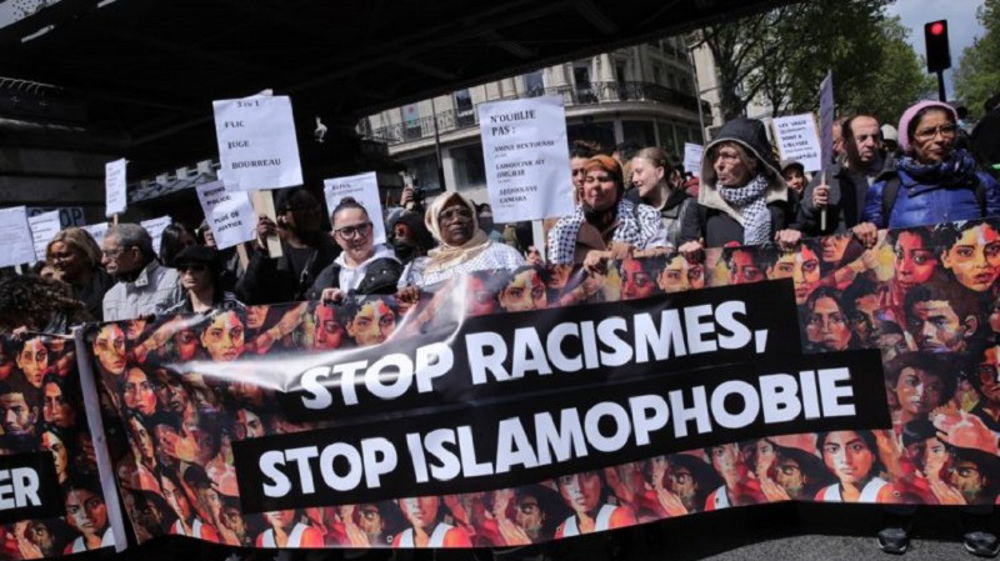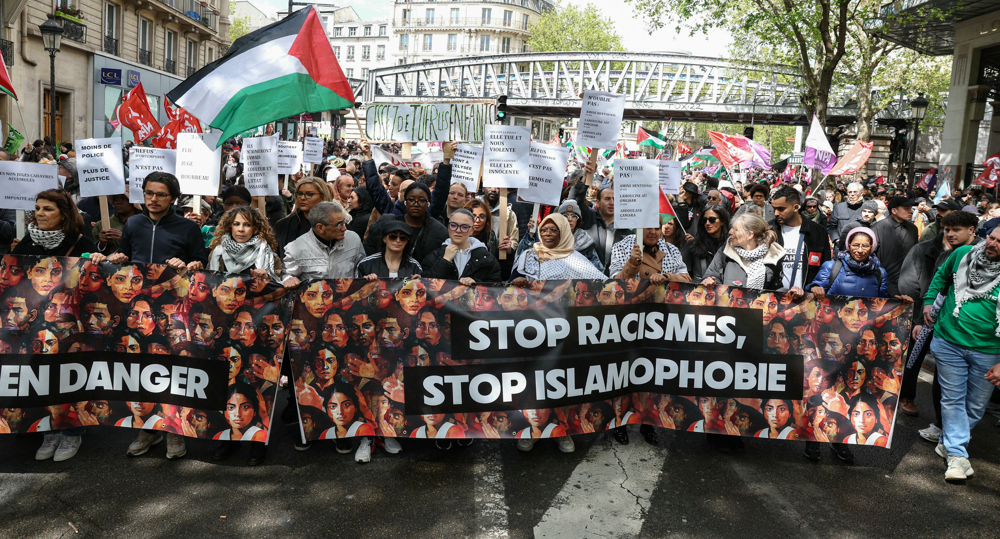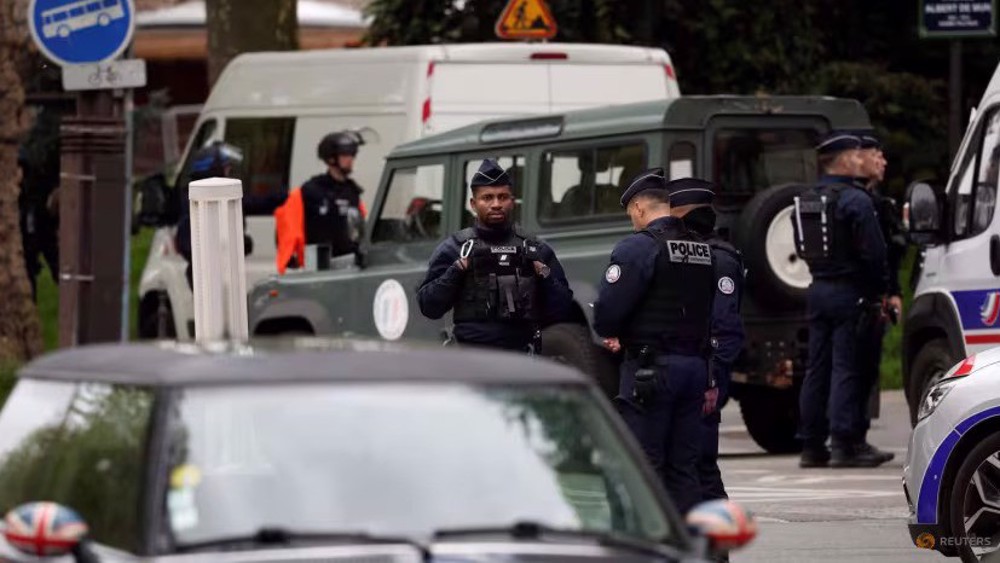Paris police lower speed limits as air pollution worsens
Paris police say they have lowered speed limits as part of emergency measures to encourage fuel efficiency after a spike in air pollution in the French capital.
The Paris police department’s order, released on Wednesday, entails a reduction of 20 kilometers per hour (12 miles per hour) in speed limits on highways in the Paris agglomeration.
The order came after state air quality monitoring agency, AIRPARIF, reported that air pollution in the metropolitan area of Paris has increased to “high” under a European Classification System.
The spike in air pollution levels in Paris and a wide part of northern France, blurred the view of the city's well-known landmark, the Eiffel Tower, which has been shrouded in smog since early hours on Wednesday.

AIRPARIF said, “The pollution levels are consistent. If we don't go over the alert level, we won't be far away.”
The officials are authorized to enact emergency measures, including reduction in speed limits, and allowing only one in two cars to enter the French capital and making public transport free.
Last year on March 17, Paris went through a similar spike in air pollution levels which finally led to temporary reduction in the number of vehicles permitted on the streets.
Paris is due to host the United Nations Climate Change Conference from 30 November 30 to December 11, 2015.

According to the report, changes in weather, and emissions from agricultural activities and road traffic had resulted in the pollutants’ rise.
Determining air pollution levels necessitates measuring the concentration of particulates created by vehicles, heating and heavy industry. These particulates include carcinogenic particles, which can penetrate deep into the lungs and the blood system.
The safe limit for concentration of particulates is set at 80 micrograms per cubic meter (mcg/m3). According to a 2011 World Health Organization report, Paris' was measured at 38 mcg/m3.
MIS/HMV/SS
UN rights chief ‘horrified’ by mass grave reports at Gaza hospitals
Hezbollah says launched ‘deepest attack’ on Israel since start of Gaza war
Israel intensifies strikes across Gaza on day 200 of genocidal war
China says US still interfering in its affairs despite efforts to stabilize relations
Russia says will intensify strikes on Western weapons storage in Ukraine
‘200 days of livestreamed genocide’: Netizens react as Gaza war marks 200 days
Confirmed: Iran’s star striker Mehdi Taremi joining Italian champions Inter Milan
Google fires more employees over anti-Israel protests










 This makes it easy to access the Press TV website
This makes it easy to access the Press TV website